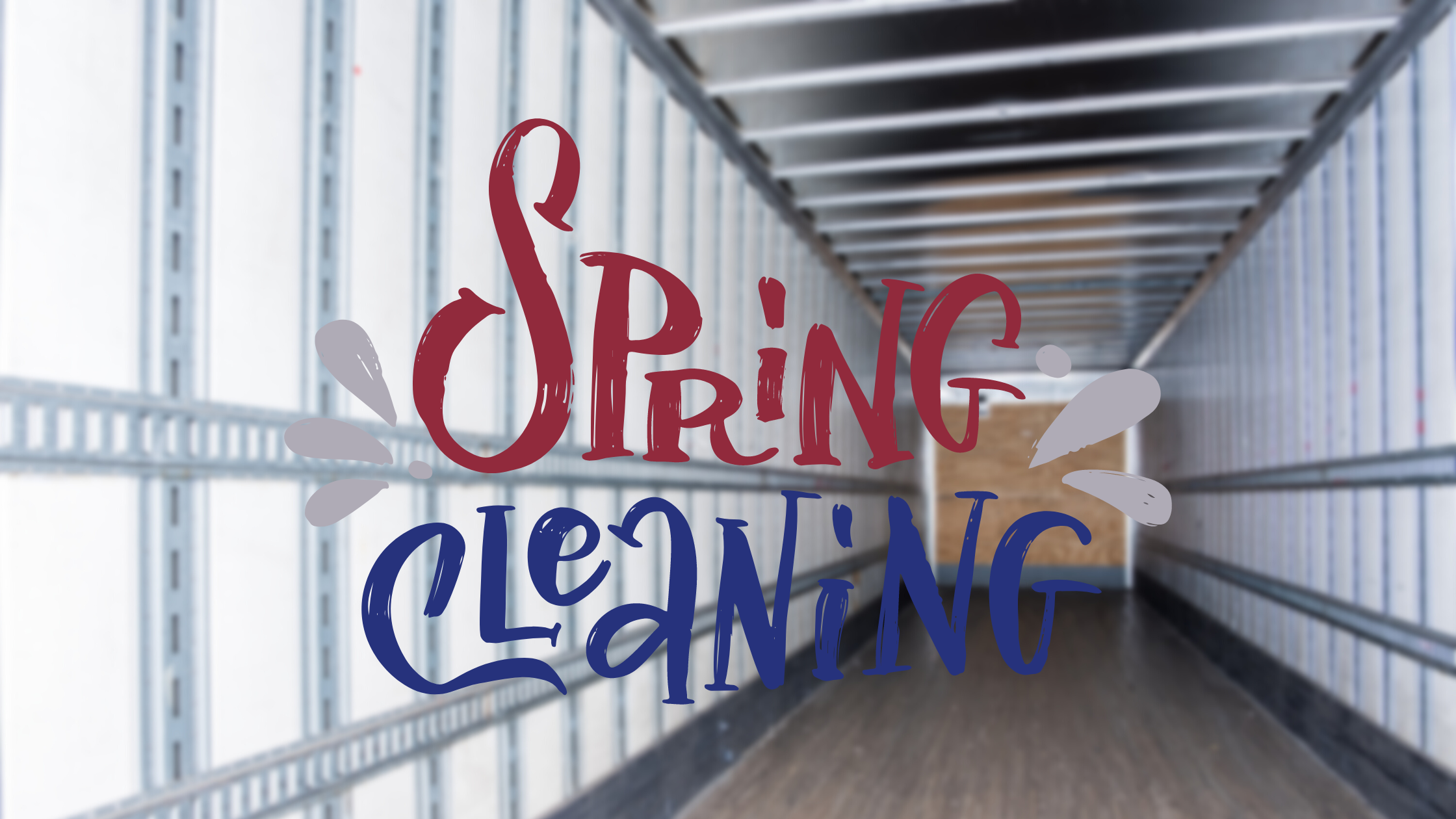The sun is finally out, and it’s here to stay. You know what that means - spring is around the corner, and it’s time for spring cleaning.
Most of our customers use delivery equipment to get tents and inflatables where they need to be, and making sure it’s clean and in top-notch condition is paramount in ensuring your product makes it from point A to point B safely.
In this post, we’ll go through the simple steps of how to clean your delivery equipment.
Do I Really Need to Clean My Delivery Equipment?
Cleaning this equipment might feel pointless. After all, this isn’t what your customers are concentrating on. But take our word for it when we say that it’s necessary to make sure your equipment looks its best.
Not only does cleaning delivery equipment increase its lifespan, it also increases the resale value (should you ever decide to sell), declutters your space, and prevents accidents.
How to Clean Delivery Equipment
Let’s go through a list of delivery equipment types and how they should be cleaned and checked.
Enclosed Vans and Trailers
Enclosed trailers make sure your equipment stays safe, but what’s unavoidable is tracking in sand, grit, dirt, and other debris from outside. They tend to get the dirtiest, which is why they should be your top priority during the spring cleaning session. Cleaning trailers will make you look more professional and prevent the buildup of rust and aluminum oxide.
Cleaning trailers and vans:
- Clean dirt and debris from the floor.
- Scrub down the inside and the outside of the trailer with a power washer.
- Inspect the tie-down track for damage/repair any damage.
- Organize the supplies inside/take out anything you don’t need.
Flatbed Trailers
You’ve probably had your flatbed trailer covered for most of the winter to keep it free of snow, dirt, and other natural elements. Now, it’s time to uncover it and check what needs to be tidied up.
Cleaning flatbed trailers:
- Check for damage that might have occurred from winter driving/winter storage like trailer misalignment, faulty ramps, and tail light problems.
- Check for holes or rips in your flatbed tarps, as they typically sustain the most damage during the winter.
- Check your winches, along with winch straps and winch tracks. If you have winch damage, your cargo could be affected, along with your truck and trailer.
Ratchet Straps
Most ratchet straps are made of strong and durable polyester material that can secure many different types of cargo. It has very little stretch, which is great for carrying large items from one place to another. Knowing that your ratchet straps are performing as they should gives you the peace of mind you need.
Checking ratchet straps:
- Cleaning ratchet straps is done by using detergent and warm water. Soak them for a while and then scrub them with a brush. After that, hang them to dry. Make sure to never use bleach or acidic cleaners to spruce up your ratchet straps.
- Put your straps to the test and see if they are still performing the way they should after a few seasons of use. This isn’t only good for your products, it’s also good for business to ensure that you’re compliant with FMCSA and DOT standards regarding cargo hauling and tie-down straps.
- Organize your straps so you can grab the right ones quickly when you need them in a pinch.
General Spring Cleaning
There are a few things you most definitely should not forget when it comes to tidying up your truck and trailer for spring. This equipment is an essential part of your business, as it puts across the first impression for many customers. If it’s dirty and falling apart, that doesn’t send a very comforting message.
If you haven’t maintained your semi truck throughout the winter, now is the time for a scrub-down. Get underneath the truck to clean the undercarriage and knock out the buildup from the tire rims. You might decide to give the truck and trailer a wax - if you do, only use microfiber cloths (to prevent scratching and scuffing).
As with any other equipment, keeping up on your truck and trailer’s maintenance regularly will extend their longevity and prevent costly repairs.
Along with cleaning your truck and trailer, you’ll want to ensure your supplies are up to code. Check them for wear and tear and see if they’re still viable to use according to safety standards. Remember that if you disobey transportation, lifting, rigging, and towing standards, you could face severe consequences and penalties from the FMCA, SC&RA, and WSTDA, to name a few.
Getting Clean for Spring
Rental companies know that spring is the beginning of the busy season. Use these tips to get ready for booming business, and make a great impression on your customers this year.



